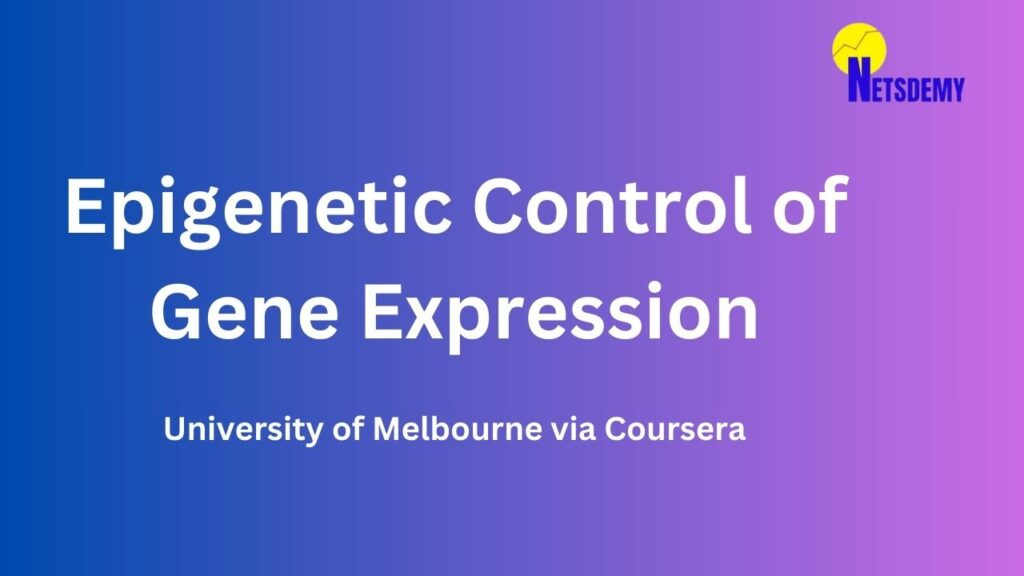
Epigenetic Control of Gene Expression
The Epigenetics courses mentioned teach important skills in changing genes, DNA patterns, and modifying chromatin. These programs are crucial for jobs in genetics, biotech, and medical research, focusing on the latest scientific progress.
The study of epigenetics has become increasingly important in understanding human biology. The human genome sequence has provided valuable insights, but it’s not just about the DNA sequence itself; it’s also about how we use it. Epigenetics actively explores how certain genes activate or silence themselves and how we actively control this process.This field has gained significant attention in research, especially in the context of diseases like cancer, where abnormal epigenetic control plays a role.
One of the key aspects of epigenetics is its heritability through cell division and its ability to mimic genetic mutations in terms of stability. Unlike genetic mutations, however, epigenetic modifications are reversible, offering potential therapeutic avenues. Moreover, they are influenced by environmental factors such as diet, leading to extensive debate and research.
This course provides an introduction to the basics of epigenetic control, covering various epigenetic phenomena observed in different organisms, primarily focusing on mammals. It delves into the relationship between epigenetics and the environment, as well as its implications for disease development. All necessary information will be covered in lectures, and recommended readings will be provided. While there are no required additional texts, the textbook “Epigenetics” by Allis, Jenuwein, Reinberg, and Caparros is recommended for those interested.
Syllabus
Week 1 – Introduction to Epigenetic Control
- Introduction to epigenetic control of gene expression
- Definition of epigenetic control and its importance in development
- Understanding chromatin and its role in altering gene expression
- Overview of DNA methylation and its regulatory functions
Week 2 – Epigenetic Modifications and Nucleus Organization
- Molecular mechanisms regulating gene expression
- Local packaging of DNA and chromatin positioning in the nucleus
- Chromatin modifications for gene silencing and activation
- Role of non-coding RNA and higher-order chromatin structures
Week 3 – Dosage Compensation
- X chromosome inactivation as a model for epigenetic processes
- Mechanisms and levels involved in stable chromosome silencing
- Comparative discussion on dosage compensation mechanisms in other organisms
Week 4 – Genomic Imprinting and Epigenetic Reprogramming
- Erasure and resetting of the epigenome during development
- Differential treatment of imprinted genes and repeats
- Mechanisms of genomic imprinting and case studies
Week 5 – Environmental Influence on Epigenetic Control
- Impact of environment on the epigenome
- Reprogramming of somatic cells, cloning, and potential transgenerational inheritance
- Case studies highlighting environmental effects on the epigenome
Week 6 – Mechanisms of Environmental Influence and Transgenerational Inheritance
- Study of model organisms to understand environmental influence mechanisms
- Metastable epialleles and evidence for transgenerational epigenetics
- Insights into transgenerational epigenetic inheritance in mammals
Week 7 – Cancer Epigenetics
- Integration of previous concepts into cancer development and progression
- Discussion on epigenome’s role in cancer and therapeutic implications
- Utilizing epigenetic biomarkers and targeting modifiers for cancer treatment
This course comprehensively explores epigenetic control, from fundamental mechanisms to its implications in diseases like cancer and potential therapeutic applications.
